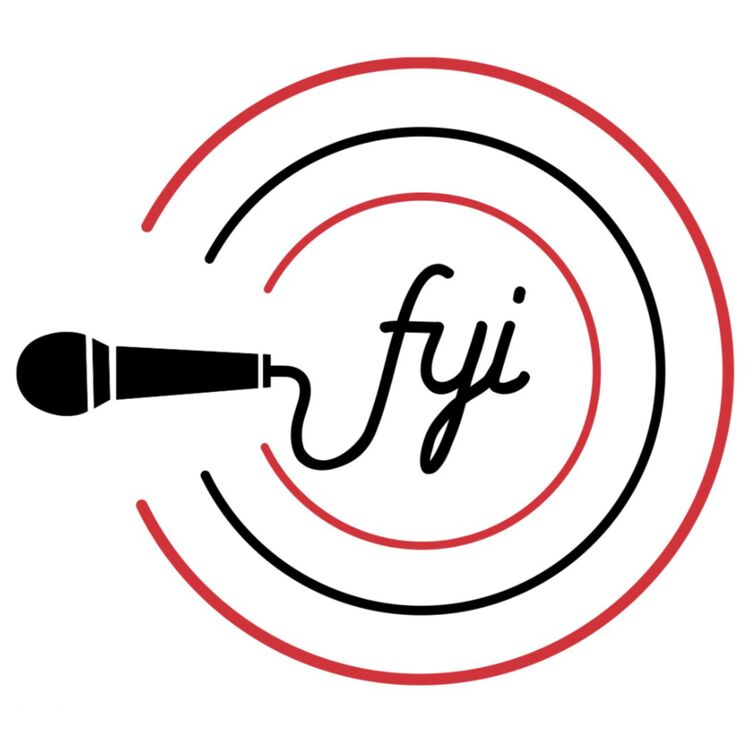The mission of the Mental Health Informatics Working Group (MHI WG) is to facilitate communication, collaboration, education, and networking for researchers and practitioners working at the interface of informatics and mental health, including substance use, in order to better understand and improve mental health and healthcare delivery.
Charter
The Mental Health Informatics Working Group aims to promote and facilitate opportunities to develop and apply informatics methods and approaches in the context of mental health research and care. Areas of interest include the topics below as applied to mental health and illness:
- Standards and terminologies
- Telehealth- remote delivery of medical care through the use of technology
- Mobile Health (mHealth)
- Applications for smartphones (Apps)
- Electronic Health Records (EHRs)
- Health Information Exchanges (HIEs) and Interoperability
- Disease registries
- Clinical decision support
- Cognitive and behavioral assessments
- Personalized/Precision medicine/biomarkers/genomics
- Neuroimaging
- ELSI- ethical/legal/social including privacy and stigma
- NLP and data mining (literature, social media, EHRs) for mental health
- Software user experience, user interface design
- Patient outcomes
- Healthcare policy and services research
- Funding opportunities
- Comparative Safety and Effectiveness Research (CSER)
Leadership
- Performing: Working Group has high level of engagement and output (workshops, papers, webinars)
- Networking: Working Group has internal and external networking opportunities for members (mentorship programs, social events, collaboration)
- Developing: New Working Group or revitalizing efforts to grow membership (recruitment efforts, leadership)

